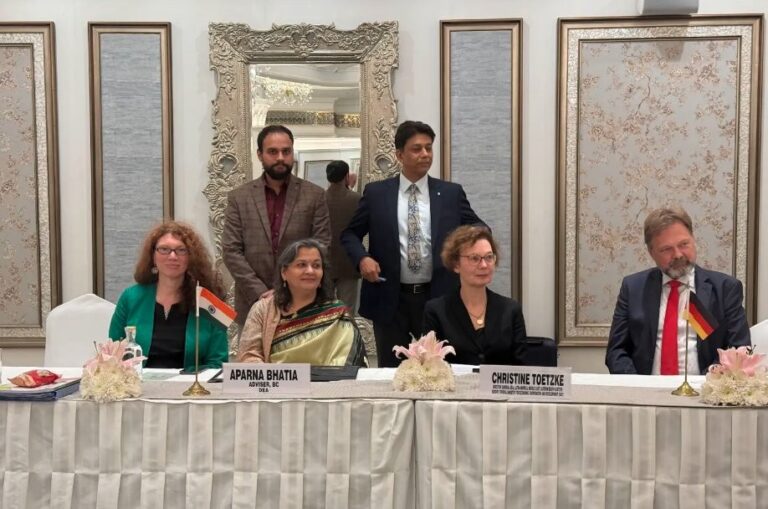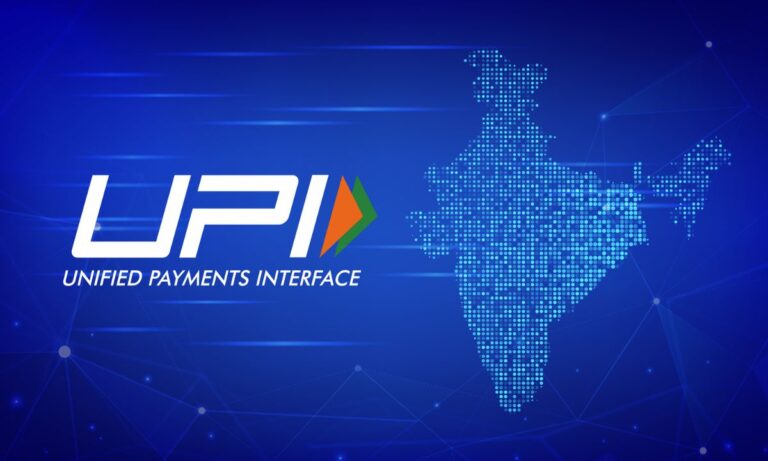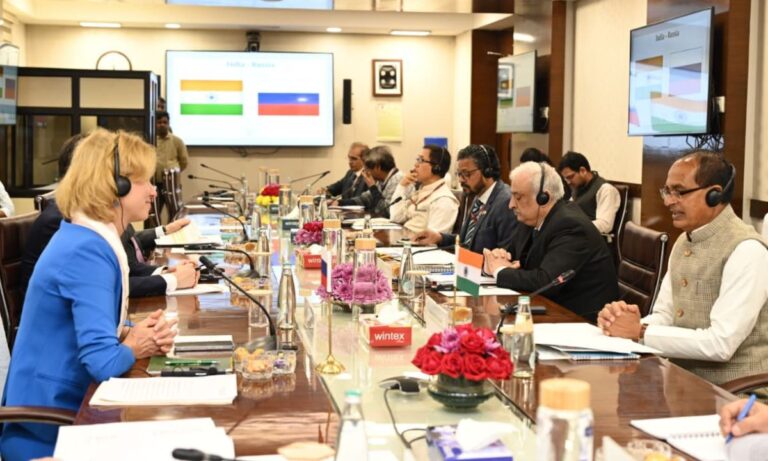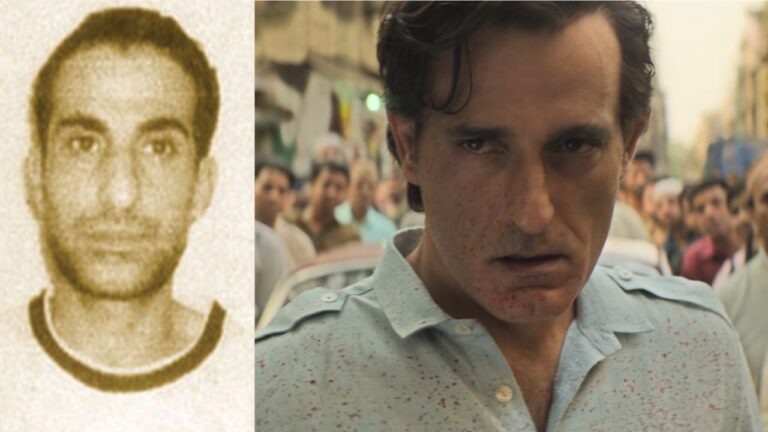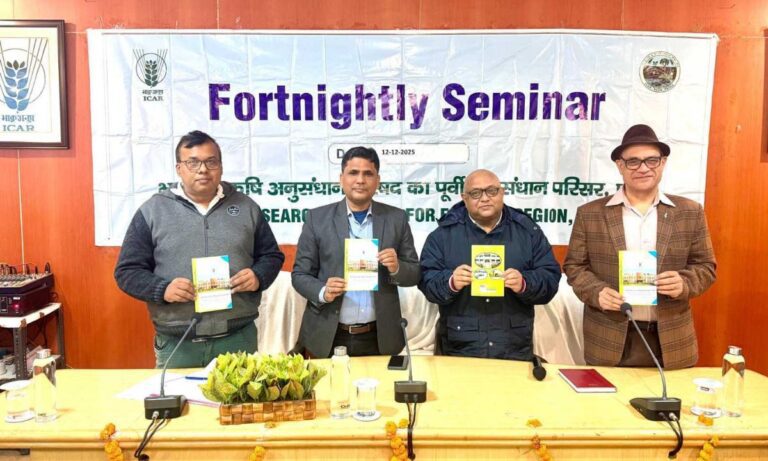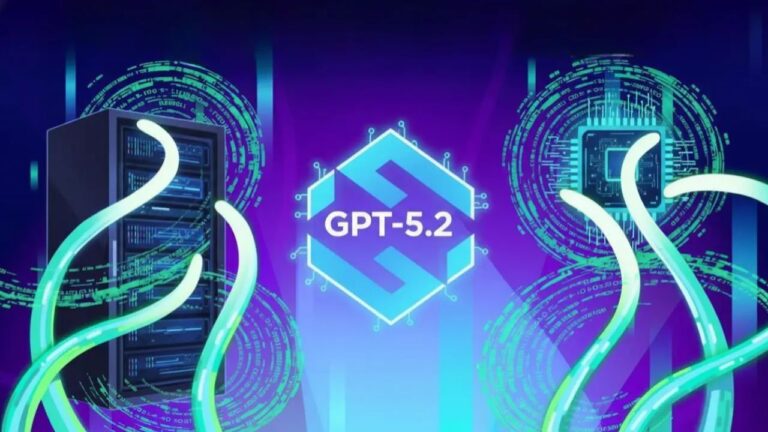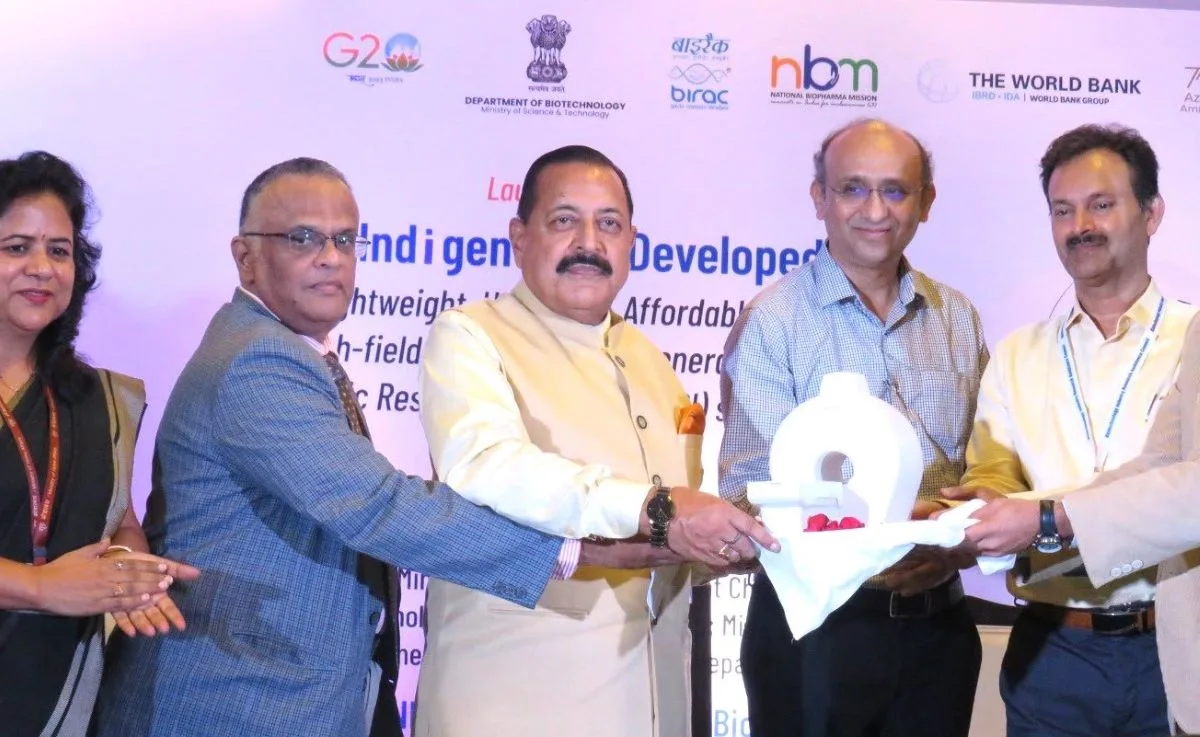
Dr Jitendra Singh Launches India’s 1st Indigenously Developed MRI Scanner in New Delhi
Dr. Jitendra Singh, Union Minister of State (Independent Charge) for Science & Technology and MoS PMO, Personnel, Public Grievances, Pensions, Atomic Energy, and Space, inaugurated India’s first indigenously developed, affordable, lightweight, ultrafast, high-field (1.5 Tesla) Magnetic Resonance Imaging (MRI) Scanner in New Delhi today.
With the introduction of this indigenous MRI scanner, the cost of MRI scanning is expected to witness a significant reduction, making it more accessible to the common man. The move is aligned with the government’s mission to promote Atmanirbharta (self-reliance) in cutting-edge diagnostic and therapeutic manufacturing in India, as envisioned by Prime Minister Narendra Modi.
The Next Generation MRI Scanner is a milestone achievement for the National Biopharma Mission (NBM), Biotechnology Industry Research Assistance Council (BIRAC), and the Department of Biotechnology (DBT). Developed under the Public-Private Partnership mode, the state-of-the-art scanner was made possible by Voxelgrids Innovations Pvt Ltd, which received financial support of Rs 12 Crore from DBT through BIRAC.
The innovative combination of advanced hardware and software has allowed the successful launch of this disruptive product in the diagnostic imaging space. Notably, Voxelgrids Innovations Pvt Ltd has become the first Indian company to receive a commercial sale and manufacturing license for an MRI scanner from CDSCO, the Government of India.
Dr. Jitendra Singh highlighted the significance of this achievement, as nearly 70% of the world’s population lacks access to MRI diagnostic modality. Comparatively, the access to MRI scanners is three times lower than other imaging modalities like CT, X-ray, and Ultrasound, mainly due to prohibitively high capital costs. However, with this indigenously developed MRI scanner, India aims to bridge the gap and address the issue of import dependency.
Currently, India’s annual demand for MRI machines stands at less than 350. However, due to increasing awareness and government initiatives such as the flagship Ayushman Bharat program, the demand is expected to more than double by 2030, according to Globaldata Inc.
Dr. Jitendra Singh expressed optimism that India’s affordable MRI scanner will not only benefit its citizens but also extend support to other nations in the global south, offering them access to reliable and cost-effective medical imaging solutions.
The launch event also witnessed discussions about the upcoming National Research Foundation (NRF) Bill, an initiative envisioned by Prime Minister Narendra Modi. The NRF aims to foster collaborations between industry, academia, government departments, and research institutions, encouraging increased spending on Research and Development (R&D) and bolstering India’s position as an innovator.
Secretary of DBT, Dr. Rajesh Gokhale, praised the efforts of the Department of Biotechnology in strengthening India’s biopharma sector, particularly in the devices and diagnostics ecosystem. The National Biopharma Mission (NBM), implemented by BIRAC, has played a vital role in advancing India’s technological and product development capabilities in vaccines, biotherapeutics, medical devices, and diagnostics.
Dr. Jitendra Singh concluded his address by acknowledging the leadership of Prime Minister Modi and the role played by initiatives like Make in India, Skill India, Start-up India, and Digital India in driving India’s progress and international recognition as an emerging innovator in the global arena.
